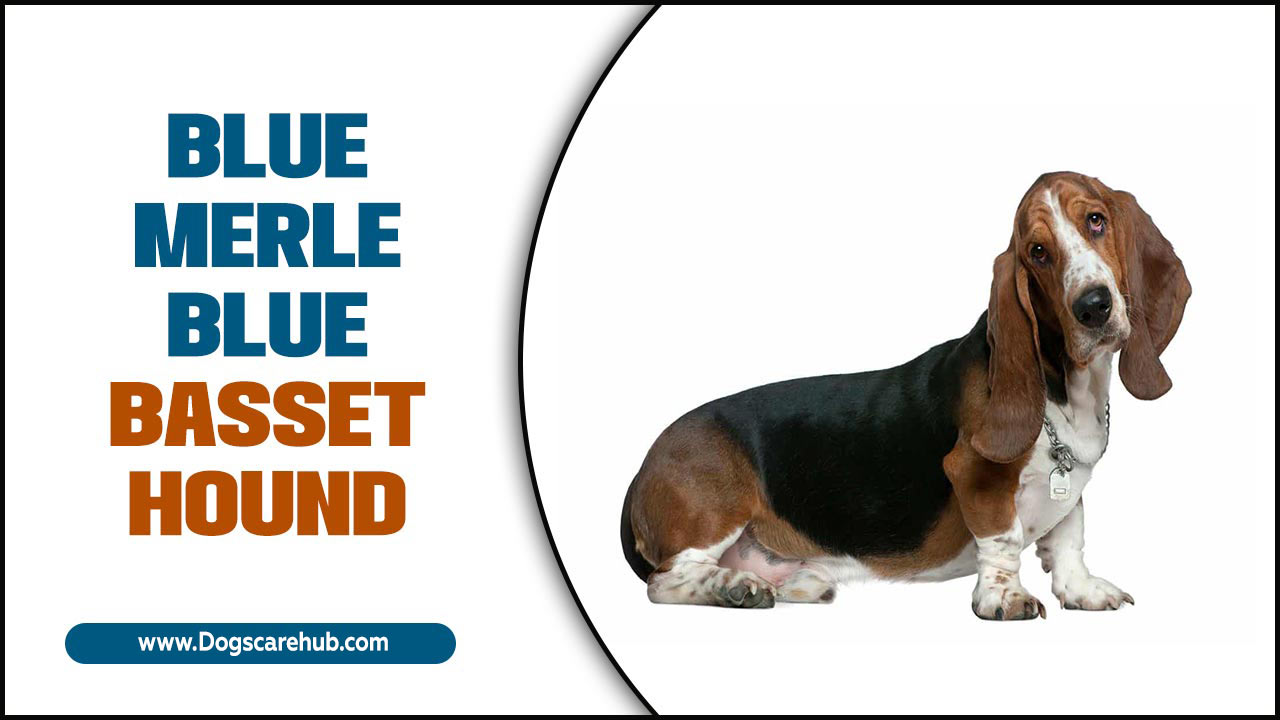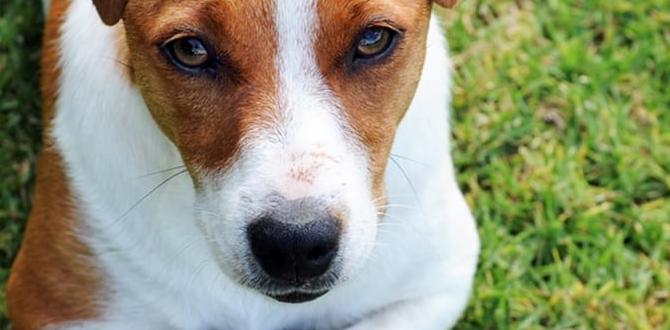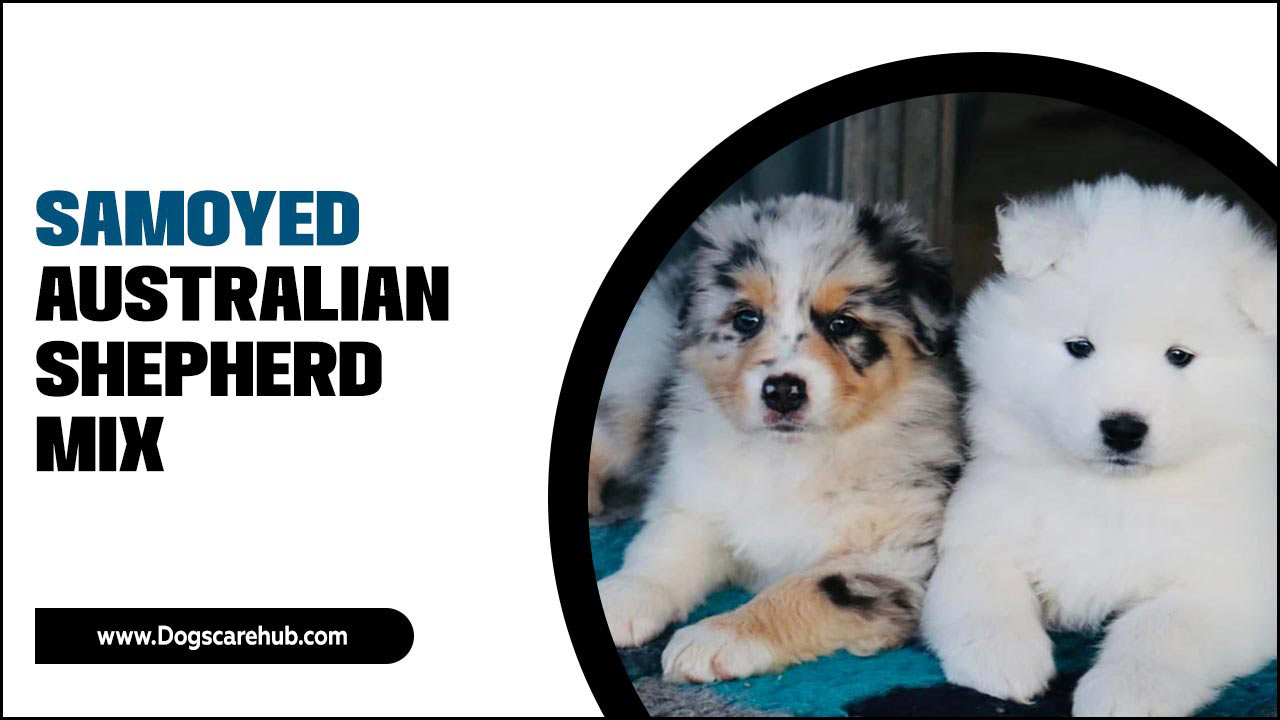Have you ever watched dogs play in the park? They chase, wrestle, and roll around with joy. Dogs seem to have boundless energy and love for play. But did you know that dog play behavior naturally helps them in many ways? It’s not just for fun. Let’s explore why dogs play and what it teaches them.
Key Takeaways
- Dog play behavior naturally helps dogs learn social skills.
- Play keeps dogs healthy and helps burn off energy.
- Chasing and wrestling mimic natural hunting instincts.
- Toys and games can enhance dog learning.
- Play can strengthen the bond with your pet.
Understanding Dog Play Behavior Naturally
Dogs play in many ways, from chasing to tug-of-war. These behaviors are not random. Each action has a purpose. When dogs wrestle with each other, they practice fighting skills. Chasing helps them develop speed and agility. Tug-of-war strengthens their grip and muscles. These activities are also a way for dogs to communicate. Through play, dogs learn what is acceptable and what is not. For instance, a soft nip during play teaches them limits. Dogs also learn to read body language and signals from others. This is crucial for their social development.
- Wrestling mimics natural fighting skills.
- Chasing enhances speed and agility.
- Tug-of-war builds muscle strength.
- Play teaches social boundaries and signals.
- It helps in understanding acceptable behavior.
Understanding these behaviors can help owners provide better play experiences. Providing varied toys and activities can stimulate different parts of a dog’s brain and body. This keeps them engaged and prevents boredom. Additionally, play can help to reduce anxiety and stress. A happy dog is a healthy dog! Make sure to create a safe space for your dog to play without any dangers.
Fun Fact or Stats : Dogs spend 45% of their day playing when they are puppies!
| Behavior | Purpose | Benefit | Example |
|---|---|---|---|
| Wrestling | Practice fighting | Social skills | Playful biting |
| Chasing | Develop speed | Physical fitness | Running after a ball |
| Tug-of-war | Strengthen grip | Muscle building | Pulling on a rope |
| Fetch | Retrieve skills | Exercise and training | Bringing back a stick |
How Puppies Learn Through Play
Puppies are like little sponges. They learn quickly through play. Have you watched puppies play-fight? It might look rough, but it’s important. Play-fighting helps them learn limits. They understand how hard they can bite without hurting. This is crucial for their future interactions. They also learn to recognize when their playmate is tired or upset. This teaches them empathy and social cues. Puppies also explore their environment through play. They use their paws, noses, and mouths to discover new things. This curiosity is essential for their development.
The Role of Toys in Play
Toys play a huge role in a dog’s playtime. They are not just for fun. Toys can teach dogs important skills. Puzzle toys, for instance, can make dogs think. They need to figure out how to get a treat out. This strengthens their problem-solving abilities. Squeaky toys mimic the sound of prey, triggering hunting instincts. Chew toys help keep their teeth clean. Different toys serve different purposes. Owners should select toys based on their dog’s needs. This way, playtime becomes both fun and enriching.
Playing Games with Your Dog
Playing games with your dog is a great way to bond. Games like fetch and hide-and-seek are popular. They help build trust and teamwork. When you play hide-and-seek, your dog learns to use their senses. They rely on their nose to find you. Fetch helps with obedience, as dogs learn to follow commands. These games also provide excellent exercise. A tired dog is a happy dog. Games can also be a way to teach new tricks. Use treats as rewards to encourage good behavior. Through play, you can strengthen your relationship with your pet.
Play Helps Dogs Learn Social Skills
Dog play behavior naturally teaches social skills. When dogs play together, they learn how to interact. They understand what other dogs like or dislike. This is important for making friends. Dogs that play well with others are happier and more confident. Playdates with other dogs can be very beneficial. They provide a chance for social learning. Dogs learn to respect boundaries and wait their turn. They also learn to apologize if they play too rough. This helps in forming strong bonds with other dogs.
- Play teaches respecting boundaries.
- Dogs learn to wait their turn.
- Playdates encourage social interaction.
- Apologizing after rough play is a key lesson.
- Confident dogs play better with others.
Social skills are crucial for a dog’s well-being. Dogs that lack social skills can become anxious or aggressive. Regular play can prevent these issues. Encourage your dog to interact with others. Set up playdates or take them to dog parks. This exposure helps them learn and grow. A socially skilled dog is a joy to be around.
Fun Fact or Stats : Dogs can learn up to 165 words through play and training!
Why Social Skills Matter
Social skills are just as important for dogs as they are for humans. Imagine going to a party and not knowing how to talk to anyone. It would be awkward, right? Dogs feel the same way. They need to know how to play and interact. Social skills help them make friends and avoid conflicts. This is why social play is vital. Dogs that play together learn to communicate without words. They use body language and signals. This understanding prevents fights and misunderstandings. Social skills make dogs happier and more relaxed.
How to Encourage Social Play
Encouraging social play can be easy. Start by introducing your dog to other friendly dogs. Observe their behavior. Make sure they are comfortable. Use toys to break the ice. Playing fetch together can help dogs bond. Remember to supervise their playtime. Intervene if play gets too rough. Praise your dog for positive interactions. Reward them with treats or affection. Over time, your dog will become more social. This will improve their confidence and happiness. Social dogs enjoy life more and have healthier relationships.
Signs of Good Social Skills
There are signs that show if a dog has good social skills. Look for wagging tails and relaxed bodies. Play-bows, where a dog lowers its front legs, are invitations to play. These are positive signs. Good social dogs also respect others’ space. They don’t jump on or crowd other dogs. They know when to stop and take breaks. Good social skills help dogs cope in various situations. They are not easily scared or aggressive. They enjoy meeting new dogs and people. These skills are a result of regular, healthy play.
Conclusion
In conclusion, dog play behavior naturally supports a dog’s growth and happiness. It helps them learn social skills, stay healthy, and have fun. Play can strengthen the bond between you and your pet. Remember to provide safe and varied play opportunities. Watch your dog grow and enjoy their playful nature!
FAQs
Question: Why do dogs love to play so much?
Answer: Dogs love to play because it’s fun and important for their development. Through play, they learn social skills and practice natural behaviors. Play also helps them burn energy and stay healthy. When they play, they often feel happy and relaxed.
Question: How does play benefit a dog’s health?
Answer: Play benefits a dog’s health by providing physical exercise. It helps them maintain a healthy weight and strengthens their muscles. Play reduces stress and anxiety, promoting mental well-being. Engaging in activities like chasing and tug-of-war keeps their mind sharp.
Question: What are some good games to play with dogs?
Answer: Good games for dogs include fetch, tug-of-war, and hide-and-seek. These games encourage exercise and strengthen the bond between you and your dog. You can also use puzzle toys to challenge their minds and provide mental stimulation.
Question: How can I encourage my dog to play with others?
Answer: Encourage your dog to play with others by arranging playdates with friendly dogs. Supervise their interactions and make sure they are comfortable. Use toys as icebreakers and reward positive behavior. Over time, your dog will become more social and confident.
Question: Are there any signs of healthy play in dogs?
Answer: Signs of healthy play include wagging tails and relaxed body postures. Dogs may perform play-bows, an invitation to play. They take breaks when needed and respect other dogs’ boundaries. Healthy play makes dogs happy and helps them learn social skills.
Question: What if my dog does not play much?
Answer: If your dog doesn’t play much, try introducing new toys or games. Sometimes dogs need encouragement or a change in routine. Observe your dog’s preferences and adapt playtime to their needs. If the lack of play continues, consult a vet for advice.
Meet Elyse Colburn, the devoted canine companion and storyteller behind the enchanting world of “Tales, Tails, and Adventures Unleashed.” A passionate dog enthusiast with a heart full of paw prints, Elyse Colburn shares heartwarming tales and insightful adventures, celebrating the joy, loyalty, and endless antics that make every dog a true hero. Join Elyse Colburn on this tail-wagging journey, where every post is a love letter to our four-legged friends.






